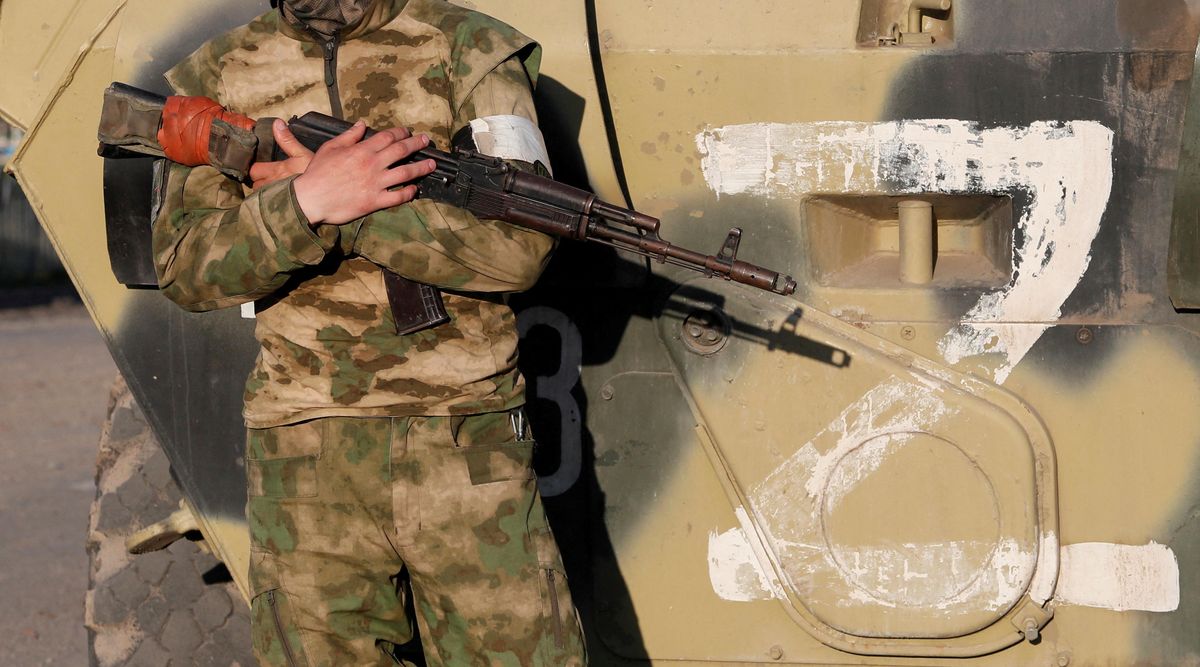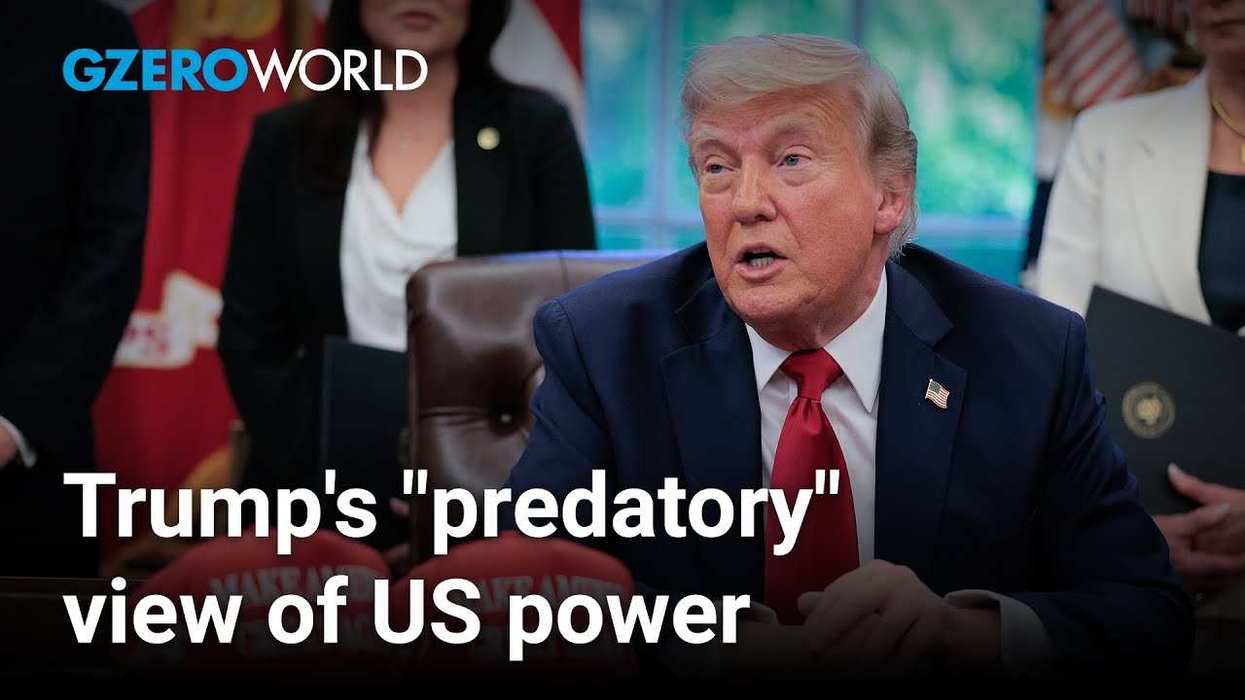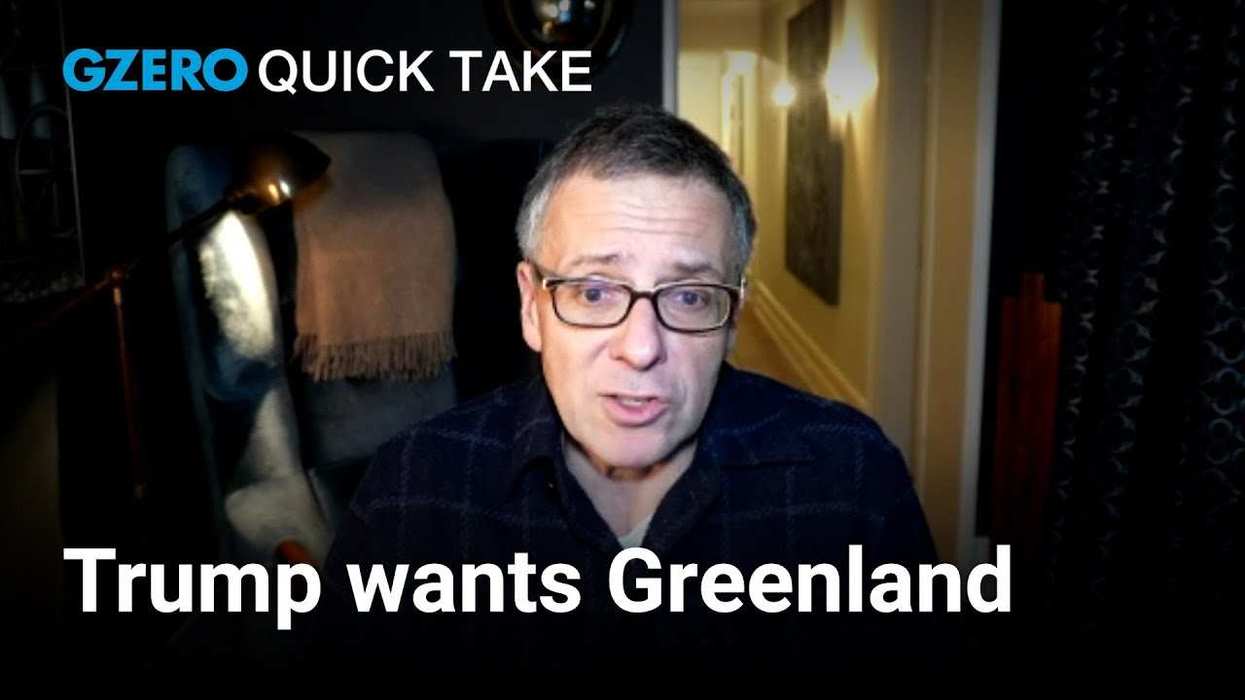Putin enjoys rare win in Ukraine
This week brought more bad news for Vladimir Putin and his invasion. Ukrainian fighters have pushed Russians back from the city of Kharkiv, the fight for the Donbas appears to have stalled, and Russian commentators are becoming more open about their country’s military failures on the internet and even on state-controlled TV. But the surrender of hundreds of Ukrainian fighters from a Mariupol steel plant gives Russia a genuinely important win. First, it clears away the final obstacle to establishing a land bridge that connects Russian-occupied Crimea with the Russian border. Second, it’s a big propaganda win for Putin, who insists the war is aimed partly at “de-Nazifying” Ukraine. Many of those who surrendered belong to the Azov Battalion, a group with a history of ultra-nationalist, white-supremacist politics. Ukraine’s government says it hopes the now-captive troops can be traded for captive Russians, but Russia’s parliament may ban any release of Azov prisoners. Ultimately, Putin will decide their fate. Are they most valuable to him as trophies, or as pawns who provide him with an opportunity to appear magnanimous?
Chile drafts new constitution
Two years ago, the streets of usually staid Chile exploded with inequality protests so big that the government was forced to start the process of rewriting the country’s constitution, a text rooted in the days of Augusto Pinochet’s right-wing dictatorship. Earlier this week, after 10 months of haggling, the constituent assembly made the new draft public. It expands the social safety net, bolsters the power of workers, recognizes Chile’s indigenous population, and establishes rights to healthcare and water. It also streamlines the political system, scrapping the Senate in favor of a single chamber legislature. But it stops short of guaranteeing a right to housing (a major demand of progressive protest leaders), limits state power over the lucrative mining sector, and sticks clearly to the country’s market-based economic model. What happens next? Chileans will vote on a streamlined version of the document in a September plebiscite. So far, support is weak: 46% of those polled said they opposed it, with only 38% in favor. Enthusiasm for the draft will likely grow as the government drums up support, but even if the document is approved, it will probably be by a narrow margin in a deeply polarized society.

















